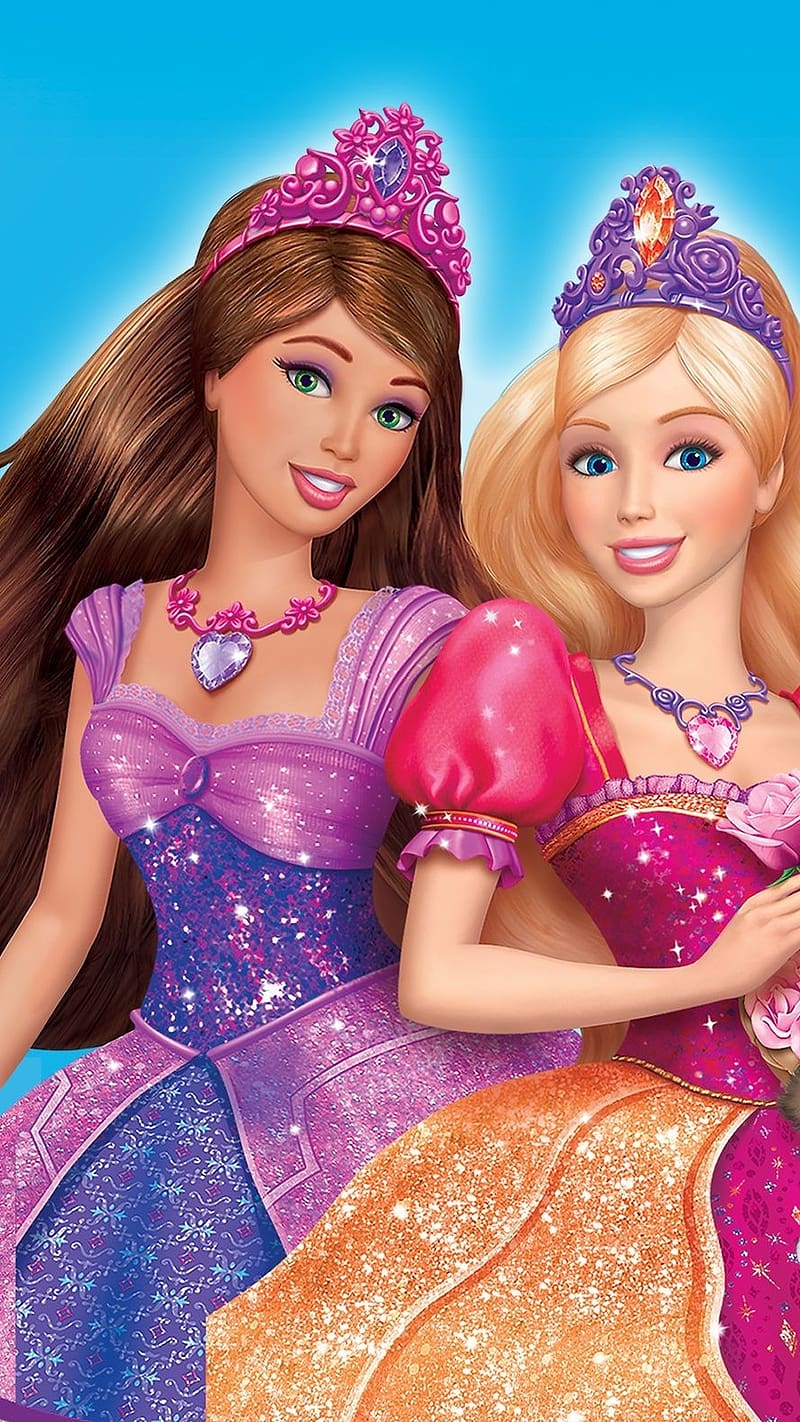The idea of royalty, with its grand titles and ancient traditions, has always captured people's thoughts. It's a very fascinating subject, isn't it? When a name like "Princess Lexa" comes up, it just sparks a sense of wonder and curiosity. We often find ourselves imagining what kind of person she might be, what her role would involve, or what stories might surround her. This enduring interest shows how deeply these royal concepts are woven into our collective imagination, even today.
Thinking about a "Princess Lexa" naturally leads us to consider the very meaning of royal titles. You know, the term for someone who is the heir to a throne is prince or princess. This designation carries a lot of weight, a certain expectation, and a defined place within a royal structure. It's a designation that tells a story of lineage and future responsibility, more or less.
So, we're going to take a closer look at what it means to be a princess, drawing from the deep history of these terms. We will explore how these titles have come to be, what they represent, and how a figure like "Princess Lexa" fits into this rich tapestry of royal tradition. It's almost like peeling back layers to see the core of what makes these roles so compelling for many.
Table of Contents
- The Royal Lineage: What "Princess" Truly Means
- Princess Lexa: A Concept Beyond a Name
- The Nuances of Royal Address and Succession
- Exploring the Cultural Impact of Fictional Royalty
- Your Questions About Princess Lexa Answered
- The Enduring Legacy of Princess Lexa
The Royal Lineage: What "Princess" Truly Means
From Ancient Roots to Modern Stories
The words "prince" and "princess," you know, have a really interesting past. They came into English a long time ago, from Old French. And if you go back even further, they ultimately come from Latin's "princeps." This Latin word, "princeps," had a very significant meaning, often referring to a chief or a leading figure. It's quite something how words travel through time, isn't it?
This journey of words shows how the idea of a royal leader, someone at the head, has been around for a very long time. In both Latin and Old French, as well as in historical contexts, these terms marked someone of great importance. So, when we talk about a "Princess Lexa," we're connecting to a linguistic heritage that spans centuries, carrying with it a certain weight of history and expectation. It’s a title that has been shaped by many generations, apparently.
The Journey from Heir to Ruler
We often hear the phrase: if a prince becomes a king, and a princess becomes a queen. This simple statement captures a fundamental truth about royal succession. The role of a prince or princess is often that of an heir, someone who is next in line to take on the highest position of leadership within a kingdom. It's a path that is, you know, very clearly laid out in many royal systems.
But what about other grand titles? What is the term for someone who becomes an emperor or empress? This question points to the different scales of royal power and influence. While a prince or princess typically looks to inherit a kingdom, an emperor or empress usually presides over an empire, which is a much larger collection of lands and peoples. This distinction, you see, highlights the varied structures of power that have existed throughout history.
Princess Lexa: A Concept Beyond a Name
Imagining the Role of a Princess Lexa
When we think about a "Princess Lexa," we're not just thinking about a name; we're considering a whole set of possibilities for her role. What kind of qualities might such a figure possess? Would she be a leader, a diplomat, or perhaps a guardian of her people? This is where the idea of a proper noun comes in, you know. A noun, when it's not at the start of a sentence, should be capitalized if it refers to a specific person, place, thing, or idea without taking a limiting meaning. So, "Princess Lexa" would be capitalized because it refers to a specific, if imagined, individual.
Fictional princesses have, in a way, always helped shape our views of what a royal figure can be. Think about "Princess Leia," for instance. Before her execution, she was told, "I'd like you to join me for a ceremony that will make this battle station operational. No star system will dare oppose the Emperor now." This shows a princess caught in immense conflict, yet still holding a title that signifies her importance and lineage. A "Princess Lexa" could similarly be a figure of strength, responsibility, or even defiance, depending on the story she embodies. It's really quite interesting to think about.
The Power of a Title: More Than Just Words
A title like "Princess" or even "Milady" carries a great deal of weight, doesn't it? "Milady," as you might know, comes from "my lady." It is an English term of address to a noble woman, and it is the female form of "milord." These terms are not just polite ways to speak; they communicate respect, status, and a recognition of someone's position within a social order. So, when someone addresses a "Princess Lexa," they are acknowledging her specific standing.
The concept behind these formal addresses, and indeed behind the role of a princess, is that some areas of life are so important and overwhelming that you cannot blame someone for acting in their own best interest. A princess, perhaps, faces immense pressures and expectations. Her actions, even those taken for personal benefit, might be seen through the lens of her royal duty. This idea suggests a deep understanding of the responsibilities that come with a royal title, and how those responsibilities might, you know, influence a person's choices.
The Nuances of Royal Address and Succession
Addressing Royalty: The Right Way
When it comes to addressing someone with multiple important roles, things can get a bit layered. For instance, if someone holds the official title of "princess," then also has a degree like "reverend," a rank like "professor," and is a married woman, how would you address her? The structure usually follows a certain order: official title first, then degree, then rank, then a gendered term. So, you might address her as "Dr. and Professor" or "Dr. and Mrs." This shows a very specific way of respecting all her accomplishments and positions.
This detailed way of addressing someone reflects the importance placed on their various achievements and roles. For a "Princess Lexa," her primary address would, of course, be "Princess." But if she had other accomplishments, such as being a scholar or a leader in a different field, her address might become more complex, showing all the different aspects of her identity. It’s a system that, you know, truly honors the individual's full standing.
Dowagers and Enduring Titles
The world of royal titles also includes fascinating terms like "dowager." Wikipedia, for example, talks about "queen dowagers," which refers to the widow of a king. It also mentions that "dowager princess" has sometimes been used. So, a term like "dowager Prince Phillip" would fit the pattern, except "dowager" always refers to a female. This is a very specific linguistic rule, you see.
This shows how titles can persist and transform even after a person's primary role changes, for example, through the passing of a spouse. A "dowager princess" would be a princess who is the widow of a prince. This enduring title speaks to the lasting respect and recognition given to someone who has held a significant royal position, even if their direct line of succession or their spouse's rule has ended. It's a way of acknowledging their past importance, you know, for a long time to come.
Exploring the Cultural Impact of Fictional Royalty
Why We Love Royal Stories
There's something truly captivating about stories featuring royal figures, isn't there? Whether it's a historical monarch or a fictional character like "Princess Lexa," these narratives often explore themes of duty, power, love, and destiny. People are, you know, very drawn to the idea of someone born into a grand role, facing unique challenges and triumphs. These stories provide a window into worlds of tradition and sometimes, quite frankly, rebellion.
The appeal of such figures lies in their ability to embody ideals or struggles that resonate with us. A princess can represent grace, strength, or even a desire for change. These characters, in a way, become symbols. They let us think about what it means to lead, to serve, or to find one's own path within a predefined structure. It’s almost like they hold up a mirror to our own aspirations and dilemmas, very much so.
The Modern Princess Archetype
The idea of a princess has certainly grown and changed in storytelling over the years. What was once a figure primarily defined by her lineage and potential marriage has, you know, often transformed into a character with agency, ambitions, and a journey of her own. The "Princess Lexa" of today's imagination might be a warrior, a scientist, or a compassionate leader, rather than just a damsel in need of rescue.
This evolution reflects shifts in our own society and what we value in leadership and character. The enduring fascination with a princess, regardless of her specific story, shows our continued interest in figures who navigate complex roles with courage and conviction. It’s a testament to the power of these archetypes, you know, to adapt and remain relevant across different eras and narratives. They still manage to capture our attention, apparently.
Your Questions About Princess Lexa Answered
What is the historical origin of the title "princess"?
The term "princess," like "prince," has its roots in Old French and ultimately comes from the Latin word "princeps." This Latin term meant a chief or a leader. So, the title has, you know, a very old connection to ideas of prominence and authority. It's a lineage of words that goes back a long, long way.
How does a princess typically become a queen?
In many royal systems, a princess typically becomes a queen when she marries a king, or when she inherits the throne herself upon the passing or abdication of the reigning monarch. The phrase "if a prince becomes a king, and a princess becomes a queen" captures this standard path of succession. It's a transition that is, you know, very much about taking on the highest royal responsibility.
Are there different types of royal titles for heirs?
Yes, there are. The title of the heir to a throne is generally prince or princess. However, some larger realms might have different or additional titles for their heirs. For instance, the heir to an empire might eventually become an emperor or empress, which is a step beyond a king or queen in terms of scope. This shows that, you know, royal systems can have various ways of designating their future rulers.
The Enduring Legacy of Princess Lexa
The idea of a "Princess Lexa," whether she exists in a story, a game, or simply in our thoughts, continues to spark curiosity and discussion. It highlights our lasting connection to the concepts of royalty, leadership, and personal journeys. The linguistic roots of titles like "prince" and "princess," stretching back to Latin's "princeps," give these terms a very deep historical resonance. You can, you know, feel the weight of centuries behind them.
Thinking about a figure like "Princess Lexa" also brings to mind how royal titles shape identity and expectation. It makes us consider the nuances of how such figures are addressed, like "milady" from "my lady," or how titles like "dowager princess" carry on a legacy. These details show just how much thought goes into the roles and positions within royal structures. Learn more about the very idea of royalty on our site, and you can also explore how titles shape identity right here. It's truly a fascinating subject, is that.



Detail Author:
- Name : Marc Wolff
- Username : conn.keagan
- Email : emmalee20@gmail.com
- Birthdate : 2007-03-29
- Address : 7825 Schaefer Expressway Suite 727 Jesusberg, KY 53396-1327
- Phone : +1-585-875-7164
- Company : Gleichner Ltd
- Job : Protective Service Worker
- Bio : Doloribus quis velit est et minima veritatis. Sapiente nisi quia at nesciunt. Rerum sint architecto adipisci laboriosam optio doloremque minus.
Socials
linkedin:
- url : https://linkedin.com/in/asa9489
- username : asa9489
- bio : Ut asperiores molestiae veritatis.
- followers : 4517
- following : 313
facebook:
- url : https://facebook.com/hirthea
- username : hirthea
- bio : Veritatis laudantium recusandae iure eum qui.
- followers : 3895
- following : 1552
twitter:
- url : https://twitter.com/asa_real
- username : asa_real
- bio : Id et nesciunt quae qui. Iusto esse debitis sit quia unde. Qui beatae commodi ratione. Maiores eum voluptas nihil laboriosam.
- followers : 6361
- following : 883
instagram:
- url : https://instagram.com/asa_official
- username : asa_official
- bio : Qui velit molestiae quos. Non et sit quia nihil possimus est. Qui recusandae nemo iste repellat.
- followers : 274
- following : 1003
tiktok:
- url : https://tiktok.com/@asa.hirthe
- username : asa.hirthe
- bio : Quis molestiae amet impedit dicta facere sapiente.
- followers : 3865
- following : 1085

